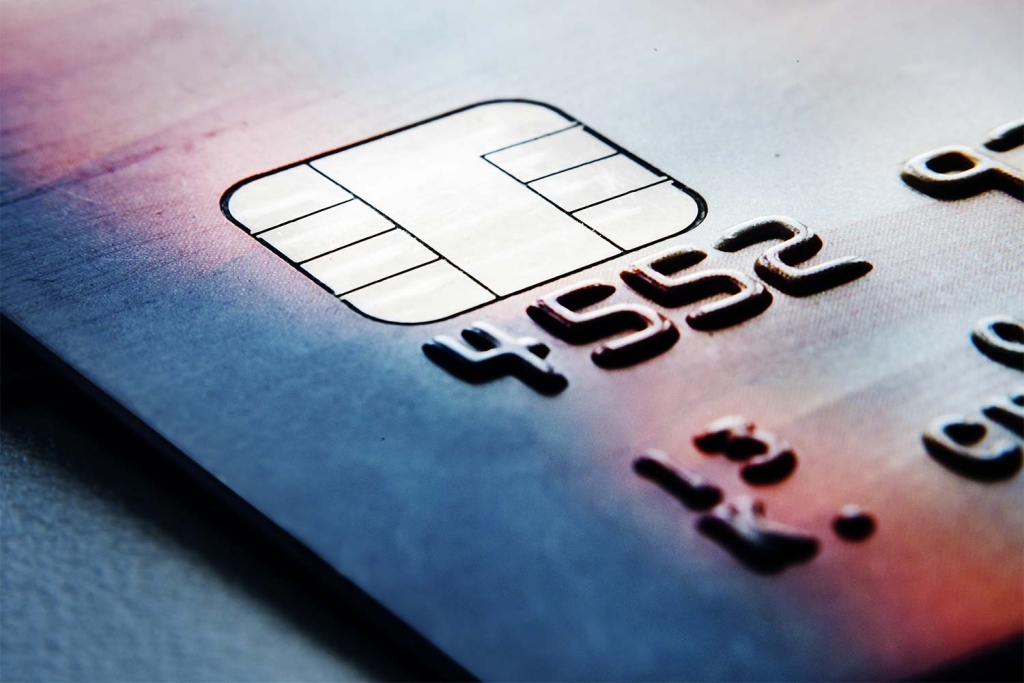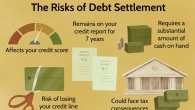Surprising Facts About Credit Cards
Using a credit card for purchases is simple, but understanding how it exactly works can be more complicated.
On the Backend, credit card issuers can use certain freedoms that affect the functions of their cards. If you look into the fine print, you will find that card issuers usually mention that you can make certain Account decisions at your discretion. There are also unwritten freedoms that issuers can take, possibly in your favor. For example, an issuer may be cooperative if you request lower interest rates, a higher credit limit, or a complete switch to another card.
The better you understand your credit cards, the better you can navigate them.
Here are some facts about credit cards that are good to know.
1. Some credit card terms may change with little or no warning

You may get used to certain benefits, rewards, fees, or even interest rates over time, but these features can change — some faster than others. You will often find a language that supports it in the Terms and Conditions of a card.
For significant changes – such as increases in interest rates, fees and the minimum amount owed -the card issuer usually has to give 45 days’ notice, according to the Consumer Financial Protection Bureau’s website. However, the benefits or rewards are not considered “significant”, so changes can be made at any time. (Many issuers continue to send an e-mail or written notification to cardholders as a courtesy.)
Variable interest rates change faster than other characteristics, as has happened since the Federal Reserve began raising interest rates to action inflation.
“People didn’t know that the federal interest rate increase also applied to their credit card,” says Martin Lynch, director of education at Cambridge Credit Counseling, a nonprofit credit counseling agency. “Variable rate cards usually include these increases in a month or two, so you’ve seen some people get a shock when the minimum payments have gone up.”
2. Issuers can close an account or reduce their credit limit at any time
Even if you manage a credit card responsibly, an issuer can lawfully close your account if they choose, according to the CFPB’s website.
Credit card issuers can also increase or decrease your credit limit at any time.
The issuer must provide an “adverse action notice” when making such adverse decisions, the website says. But they can always catch you off guard.
3. Your creditor may be willing to comply with interest rates
For long-term customers with a solid track record, an issuer may be willing to negotiate a lower interest rate. Alternatively, a hardship plan (if available) may temporarily reduce interest rates if the hardship is due to qualified circumstances beyond your control.
If you are struggling to juggle debt, credit card companies may also be willing to work with you through a nonprofit credit counseling agency’s debt management plan, which can consolidate these debts into a fixed monthly payment if you qualify.
“Our average interest rate is currently about 8 percent below all creditors,” Lynch says. “Some are higher, others are lower.”
For comparison, the average rate for credit cards that assessed rates in the last quarter of 2023 was 22.75%, according to Fed data.

4. You may not be eligible for a Sign-up Bonus
Many credit cards offer a pre-stack of cash back, points or Miles as an incentive for new cardholders who can meet a specific spending requirement. But if you have recently applied for a credit card with the same issuer — even if it has been more than a year – you may not be eligible for the advertised Bonus.
When applying for a credit card, it is important to read the conditions carefully to understand if you are eligible for such a welcome offer.
5. You can lose a TAP of 0%
If you have good or excellent credit (credit scores of 690 or higher), you may be eligible for a credit card with a 0% introductory APR on purchases, balance transfers, or both. However, this advertising window may not be guaranteed.
For example, if you pay after, the issuer could cancel the 0% APR offer and charge the card’s current variable interest rate instead. Depending on the card, a much higher penalty rate on Tap may also apply if a payment has been missed.
To avoid not-found payments, set a reminder or create an automatic payment schedule.
6. You may be able to upgrade or downgrade your credit card
If a credit card is no longer as valuable to you as it used to be, contact the issuer to find out if it is possible to switch your credit card to another Option. This is also known as a “product change” and can allow you to keep your Account number and account history while switching to a card that now better meets your needs.
For example, you may consider switching to another Option to avoid annual fees. Upgrading can bring you higher rewards or better benefits.

7. The value of your rewards may vary
This is not really a problem for cash-back credit cards, but if you have a store card or a co-branded travel card, be aware that the points or Miles you earn may be less valuable for some exchanges than for others.
For example, your Miles may be worth a penny or more when redeemed for travel, but a little less when redeeming options such as cash back, bank statements or gift cards.
Knowing the true value of your rewards will help you maximize them. You can often get an idea of this value by logging into your card account and exploring the redemption options or by re-reading the Terms and Conditions of the card.









Leave a Reply